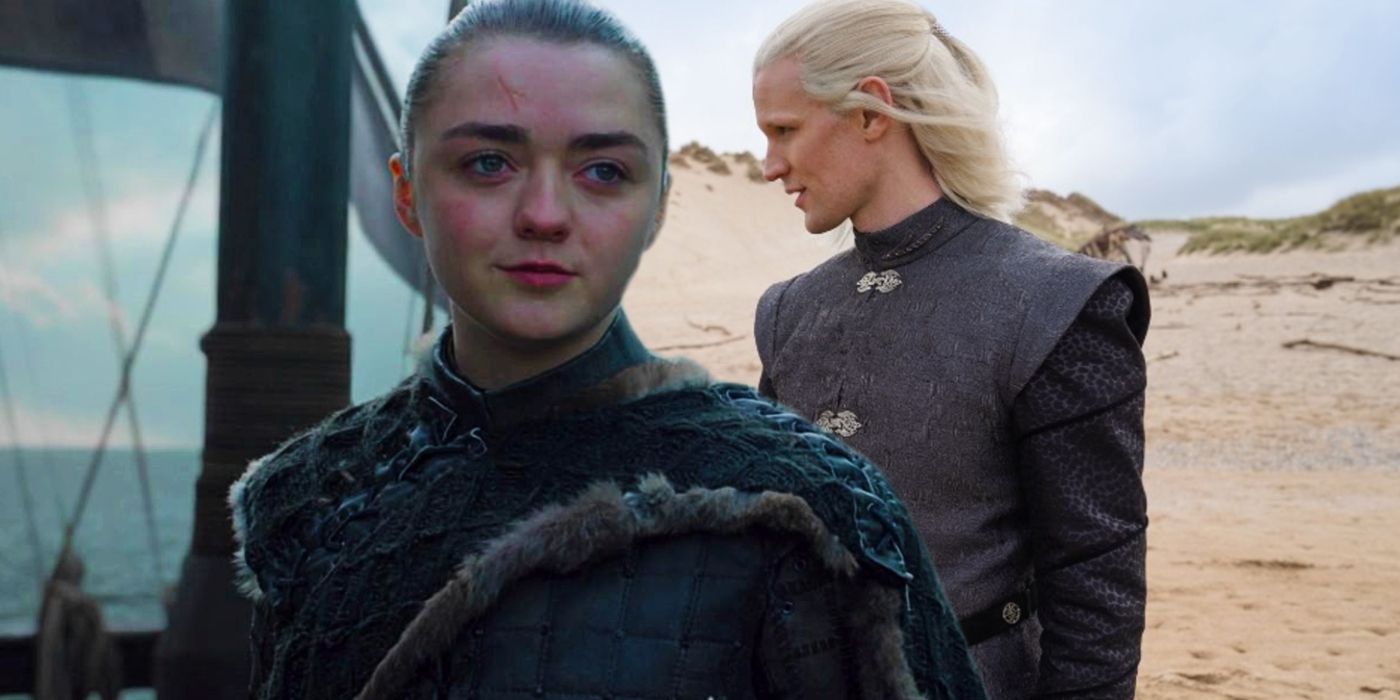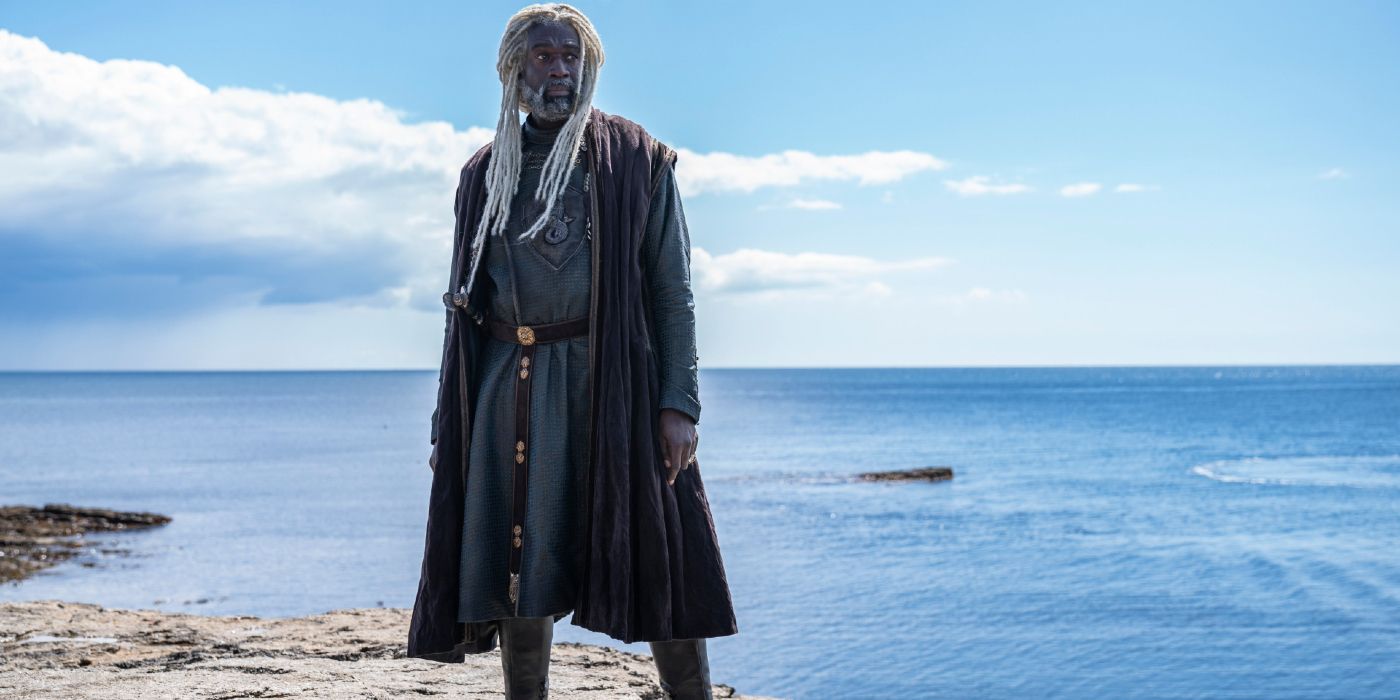Why Game Of Thrones' Spinoffs Are All Prequels, Not Sequels

HBO is planning multiple Game of Thrones spinoffs, but they're all set to be prequels rather than sequels, a decision that makes sense for the stories and the cable channel. Game of Thrones ended in 2019, bringing to a close one of the biggest TV shows of all time. Although the ending was certainly divisive, that didn't dent HBO's plans for more stories set in Westeros and the lands beyond. Even before the show was over, various spinoffs were in development, and those ideas have continued to grow.
First up will be House of the Dragon, a Targaryen centric prequel set nearly 200 years before Game of Thrones, chronicling the civil war known as The Dance of the Dragons. That is expected to release sometime in 2022, but it's only the beginning. While nothing else is officially happening, HBO reportedly has many more Game of Thrones spinoffs in the works, including an animated show based in the Empire of Yi Ti, an adaptation of George R.R. Martin's Tales of Dunk & Egg novellas, and a show following Corlys Velaryon's Great Voyages, coming after the character's introduction in House of the Dragon.
HBO's approach to Game of Thrones seems to be casting a fairly wide net - alongside those in development, a pilot for a show based around the Age of Heroes and the Long Night wasn't picked up, and another on Flea Bottom isn't moving forward. The stories range massively in terms of story, timeline, and geography, but the one consistent element is that they're all indirect prequels to Game of Thrones, not direct sequels. This is perhaps a somewhat surprising decision, given the popularity of the show, which for most IPs and franchises generally leads to continuations for established characters, or at least on events more closely linked to the main story. But for Game of Thrones it makes sense, not only because its ending was so divisive, but because it tied-up most of its character arcs.

Looking at where Game of Thrones' characters ended up, there's little room for an obvious sequel or direct spinoff. The realm is relatively peaceful under King Bran, and it's hard to imagine a story built around his rule; Jon, Tyrion, and Sansa all had endings that didn't invite follow-ups, and the same can be said for popular secondary characters, such as Bronn. Perhaps the only possible spinoff setup was Arya searching for "what's West of Westeros," but that sort of voyage can be covered in other stories - indeed, HBO has 9 Voyages and 10,000 Ships in the works - that inevitably feel much fresher. HBO clearly isn't letting the response to Game of Thrones dictate things too much, given how many spinoffs it's green lighting, but that too suggests it's wise to look for new areas of exploration: people will come back to the world because it's so rich, but anything too close to the main story would be too soon.
Similarly, building a story that's set before Game of Thrones but too close to it would also feel less satisfying. Robert's Rebellion, for instance, is something many have hoped to see, but so much of it was detailed in Game of Thrones that it doesn't feel necessary. The broadstrokes of The Dance of the Dragons might've been discussed, or teases of places like Yi Ti, but there's still so much more to learn about them, so they're better options. The future of Westeros is uncertain, and it may be that HBO does eventually explore it in some way - and if so, ideally far into it - but the past is so full of possibilities that prequels are a much better option right now. That feeling was backed-up by HBO's programming president Casey Bloys back in 2019, when he said Game of Thrones wouldn't get a sequel as he wanted it "to be its own thing," and for new shows to "feel distinct." With many more shows in the works, it's clear that's what HBO is doing, and that it's the best decision.
from ScreenRant - Feed https://ift.tt/3BtFjmY
via Whole story

Post a Comment